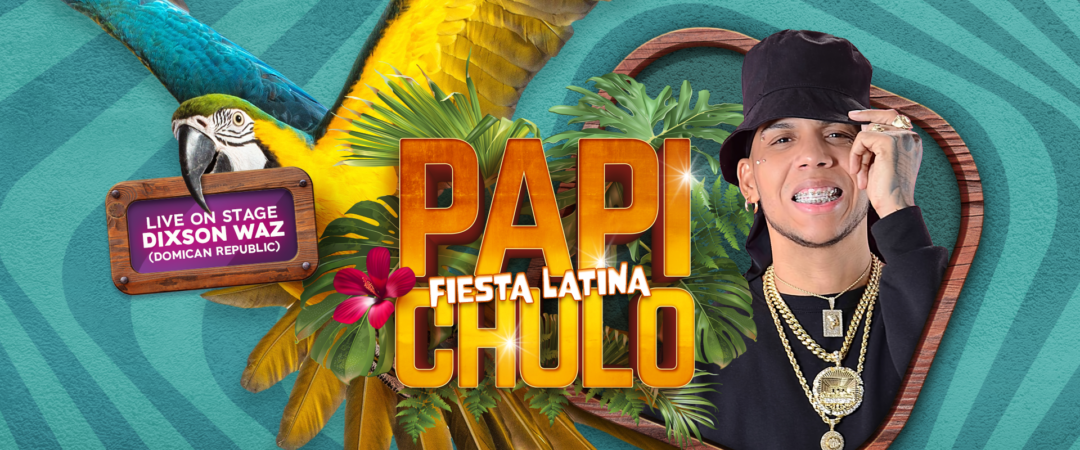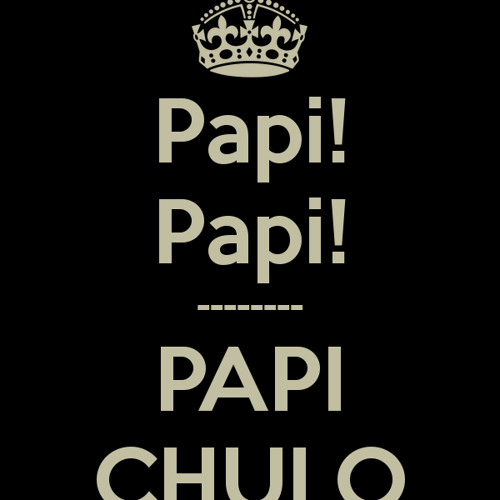
1 You must have been born on a highway, because that's where most accidents happen. el cérvix (also cuello uterino or cuello del útero) = cervix. Don’t be alarmed if a Colombian says that they want you to “stop their balls”…they just want you to pay attention to them. None of the two forms are an insult, it depends which you add other words to the sentence - aryta, SEP 10, 2013. chamaca: Mexico, Guatelama, El Salvador, Cuba, Dominican Republic Peru, Honduras, Puerto Rico and Costa Rica.


Like some of these like #'s 1&6 and the "you're so ugly" ones are super annoying to hear like, ALL the time. Singer Prince Royce released a 2015 track, “Back It Up,” featuring Jennifer Lopez, Pitbull, and the refrain: “ Dámelo papi chulo,” or “Give it to me, papi chulo.” It debuted at #27 Billboard’s Hot Latin charts.Spanish insults for a woman. The lyrics describe the singer’s night out with a hot man on the dance floor. The song peaked at #25 on Billboard charts in the United States but reached #1 in France, #2 in Belgium and Italy, and #3 in the Netherlands. The phrase papi chulo gained popularity with the 2003 release of the single “ Papi Chulo …Te Traigo El MMMM” by reggaeton artist Lorna. Papi chulo carries some of these connotations along with it into contemporary use, though the term is more often used today as slang for a sexy, confident man who dresses well.


In the 1990s, when Mexican-Americans were referred to as chulos, the term carried with it overtones of class-lower-income gangsters and recent immigrant laborers were insultingly referred to as chulos. By the late 1980s, chulo was an insult, referring to an effeminate man or a pimp. A direct translation of papi chulo from Spanish is “pimp daddy,” with papi being a diminutive form of “father” (and used like “baby”) and chulo meaning “pimp” but also “attractive,” “cocky,” or “cool” in colloquial settings.Ĭhulo alone has a storied history in American English.


 0 kommentar(er)
0 kommentar(er)
